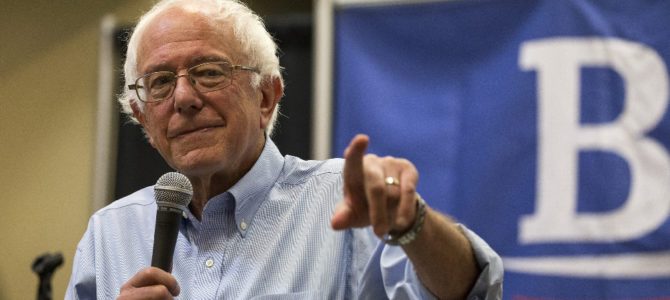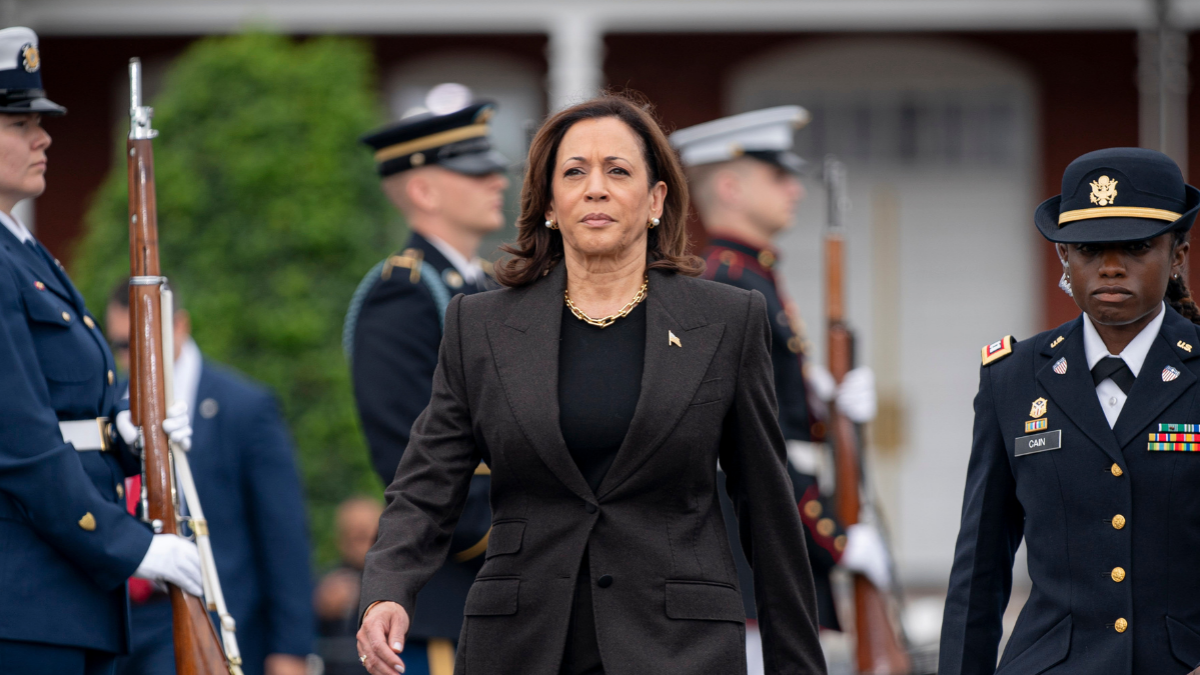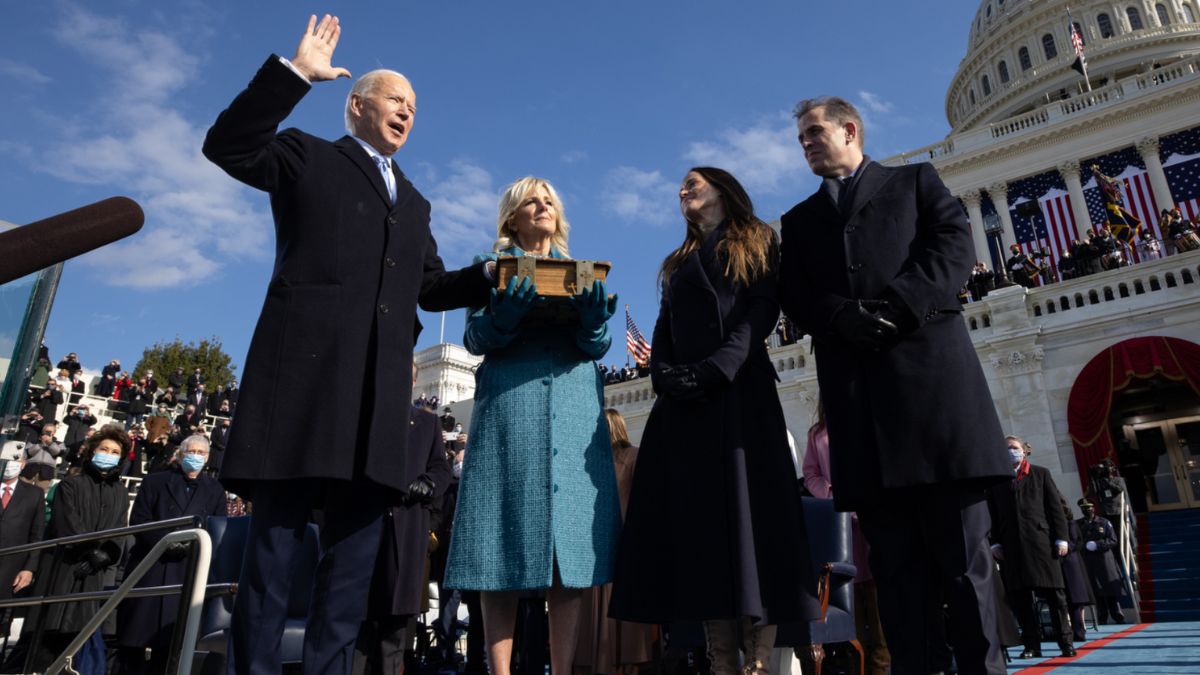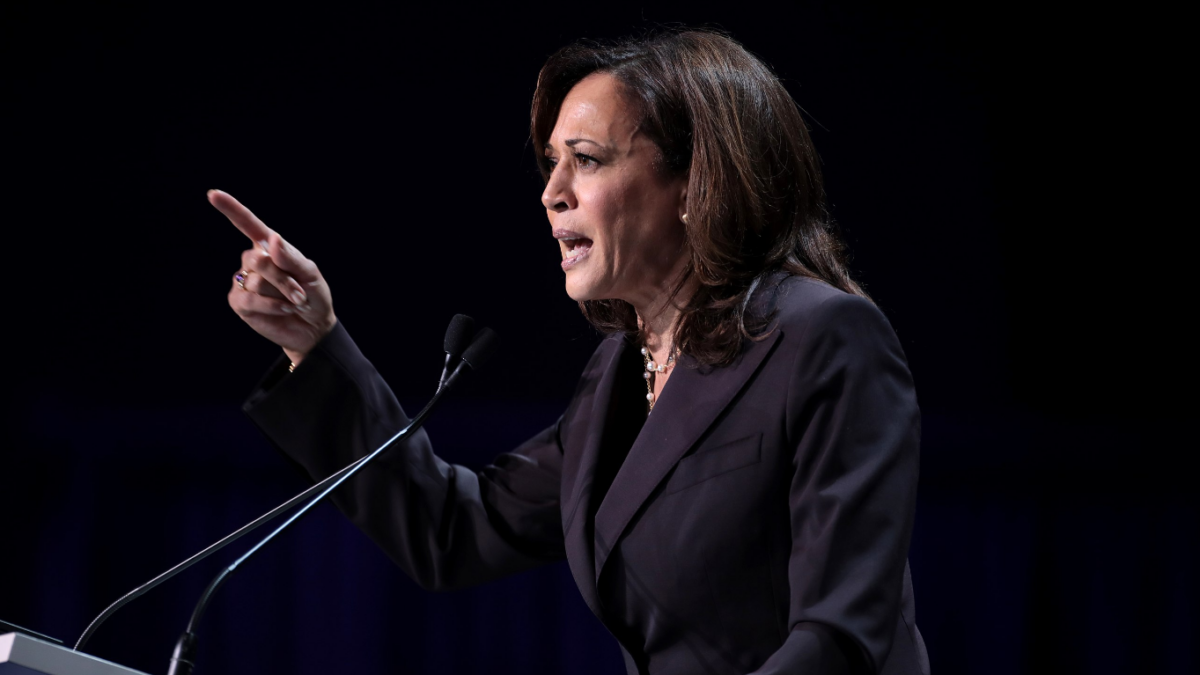
Congressional Democrats don’t want to talk about the boycott, divestment, and sanctions (BDS) movement. And many of them really don’t want to be asked to vote on it.
In spite of such reluctance, Sens. Marco Rubio, Joe Manchin, and their allies passed S. 1, the Strengthening America’s Security in the Middle East Act of 2019, 77-23 last Tuesday. The bill combined four Middle Eastern security-related bills. For many Democrats, though, the fly in the ointment was the Combating BDS Act of 2019, which affirms state and local governments’ right to avoid working with firms that support the anti-Israel BDS movement. More than 25 states currently have anti-BDS laws or executive orders, and BDS supporters have begun challenging them in court.
Rubio introduced his bill January 3 and spent more than a month fighting excuses and strawmen, as Democrats attempted to thread the needle of being anti-BDS while opposing Rubio’s economically focused anti-BDS bill and wishing the whole discussion would just disappear.
Democrats said it was improper to vote on such things during the government shutdown. They also asserted the bill was a threat to the First Amendment and attempted to filibuster it. Rubio addressed falsehoods about the bill’s constitutionality on Twitter and in a New York Times op-ed, while Republicans were repeatedly accused of politicizing Israel in an attempt to fracture Democrats.
President Obama’s former ambassador to Israel Dan Shapiro told Bloomberg: “There’s a desire by Republicans to use Israel as a wedge issue . . . Not a single Democrat in the Senate supports BDS, so there is an opportunity to craft the provision on BDS in a way that reflects that consensus and make sure it passes constitutional muster.”
Israel should never be a political wedge issue, but Democrats need no help with divisions on this issue. As The Daily Beast acknowledges, “the Democratic Party is heading into a slow-motion, three-way car wreck [“the pro-Israel old guard, pro-Palestine young progressives, and anti-censorship liberals,” as they call them] when it comes to Israel/Palestine.” I’m skeptical that the “anti-censorship” middle ground is a meaningful long-term category, but the point remains. Democrats are undergoing a generational shift. Israel is now a subject of intra-party conflict.
As for the notion that this bill was created to expose those divisions, Rubio tweeted:
You theory has one big problem, I filed this bill over a year ago with strong bipartisan support.
It has only now become controversial due to opposition from the ACLU, combined with the growing influence of Anti-Israel/Pro-BDS voices on the left after the midterms. https://t.co/8Az4mS0IYO
— Marco Rubio (@marcorubio) February 4, 2019
The mainstream media regularly reminds us that there are “only two” members of Congress who openly support BDS, Michigan’s Rep. Rashida Tlaib and Minnesota’s Rep. Ilhan Omar. But as New York Times columnist Michelle Goldberg recently told a New York audience, “that is where a lot of the base of the party is. . . . I think that Rashida Tlaib’s and Ilhan Omar’s views about where our sympathies should lie in the region are probably ascendant.”
Democrats Are Split
Goldberg’s analysis rings true to me, even if I lament it. While S. 1 passed the Senate overwhelmingly, it’s impossible to ignore that 22 of those 23 nays came from the Democratic caucus. Given that there are only 47 Democratic votes in the Senate––including two Independents––that result reveals a riven party.
Also note that every senator who has announced a presidential bid, or looks likely to do so, voted against this bill, except for Minnesota Sen. Amy Klobuchar. Regardless of what these senators personally believe, that speaks volumes about where they see the momentum on this issue.
So while Goldberg says there’s a taboo against criticizing Israel lest one suffer professionally, from where I sit, the opposite looks true. Tlaib and Omar attract much more press coverage than the average congressional freshman does. Further, their presence changes the conversation, creating more space for other members of Congress to question or criticize our nation’s historically strong ties with Israel.
That space includes a muddled new category of officials who say they oppose BDS but choose not to support bills like Rubio’s. This group includes Sen. Bernie Sanders, whose foreign policy advisor tweeted:
A good progressive-libertarian consensus position on "anti-BDS" laws is pretty simple. It has 2 parts:
1. Boycotts are protected speech.
2. There actually is no second part.— Matt Duss (@mattduss) February 5, 2019
But there is a whole movement dedicated to boycotting Israel, and those who support the U.S.-Israel relationship can’t pretend otherwise. As more states respond, Sanders’ middle group will likely feel increasing pressure to pick a side.
I favor different strokes for different folks as a general principle. However, it’s hard to live like that when a gauntlet has clearly been thrown. Individual Americans should be free to criticize Israeli government policies they don’t support, as they do with our own government, but S.1 says nothing about speech. Rubio rightly called BDS “discriminatory economic warfare against the Jewish state” in an email to The Federalist, because it singles out Israel for punishment and potential destruction. To underscore that latter point, Israel’s Strategic Affairs Ministry recently released a report detailing “more than 100 links
between the internationally-designated terrorist organizations Hamas and the Popular Front for the Liberation of Palestine (PFLP) with NGOs promoting” BDS.
For those of us who have long championed bipartisan support for the U.S.-Israel relationship, these developments are dispiriting. They also raise several important questions, including: Can you credibly oppose BDS but oppose economically focused anti-BDS legislation even more, like Sanders and California’s two senators? Can you vote not only for the Iran deal, but also against this anti-BDS bill and still be considered enthusiastically pro-Israel, as Cory Booker historically has been?
And can you credibly say, as Delaware’s Chris Coons recently did, that you’ve “never heard any Senate Democrat, current or former, express support for the anti-Israel BDS movement,” when 22 of your colleagues just voted to tolerate, if not support, BDS activists?
Now we wait and watch how House Speaker Nancy Pelosi responds, because, as Rubio said in an email: “Unfortunately, the influence of anti-Israel, pro-BDS voices are growing on the Left, including in the Democratic-controlled House of Representatives. Speaker Pelosi must decide whether the Democratic Party will continue to support our ally Israel and pass the Combating BDS Act, or allow this radical, pro-BDS fringe to speak for their party as a whole.”
Stay tuned.









